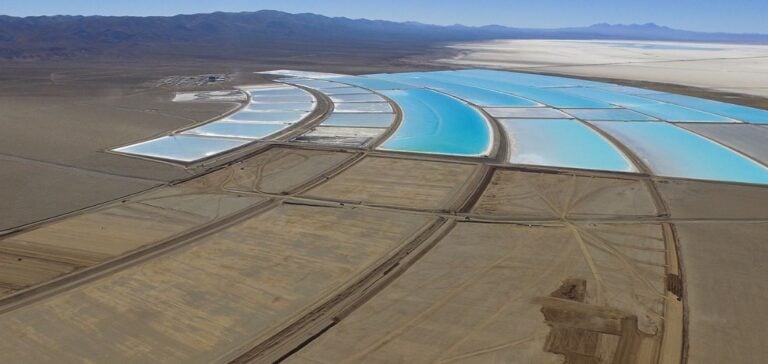The north-west of Argentina, in particular the province of Jujuy, is positioning itself as a major player in the global market for lithium, essential for the production of batteries for electric vehicles. This region, which forms part of the “lithium triangle” with Chile and Bolivia, holds around 50% of the world’s reserves of this strategic metal.
Mining, led by companies such as Sales de Jujuy and Exar, has profoundly transformed the local economy, creating well-paid jobs in a previously economically marginalized region.
However, despite these immediate benefits, community infrastructure remains inadequate, and the benefits of this economic activity are unevenly distributed.
The village of Susques, the epicenter of this transformation, bears witness to this dynamic, where a large part of the population now depends on the mining industry.
Nevertheless, the lack of development of basic infrastructure such as sewage and gas networks underlines the limits of this growth, which remains largely focused on individual rather than collective gains.
Environmental consequences and social tensions
Lithium mining requires considerable water consumption, a crucial issue in a region where this resource is already scarce.
The environmental impact of this activity is increasingly visible, with groundwater levels dropping significantly in mining areas.
These concerns are corroborated by a 2024 UN report, which highlights the risks posed by the concentration of lithium mining in arid regions.
Social tensions are also on the rise, particularly in areas such as Salinas Grandes, where local communities oppose the expansion of mining operations.
This opposition reflects growing concern about the future of natural resources and the maintenance of traditional ways of life in the face of rapid industrialization in the region.
Economic challenges and an uncertain future
The volatility of lithium prices on international markets in 2023 illustrates the fragility of this industry.
Industry professionals are well aware that economic dependence on a single resource exposes local communities to considerable risks.
Against a backdrop of growing global demand for lithium, particularly to support the transition to a low-carbon economy, Argentina must navigate between the economic opportunities offered by this resource and the imperatives of environmental sustainability.
Companies operating in the region, as well as local authorities, will face the challenge of reconciling responsible mining with the preservation of natural resources and the well-being of local populations.
The success of this industry will depend on the ability to anticipate and manage environmental impacts while ensuring a fair distribution of economic benefits.






















